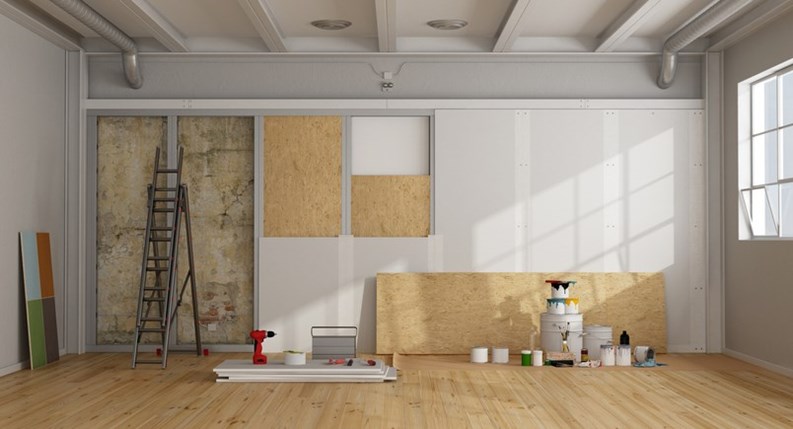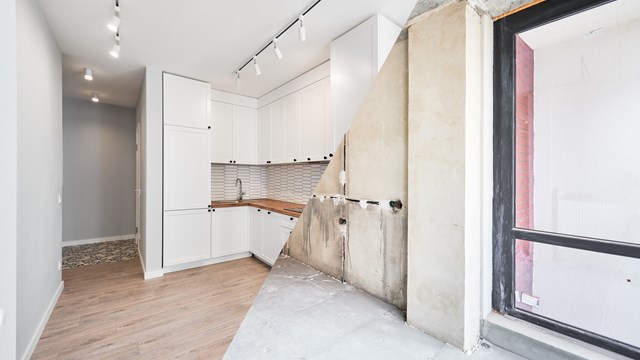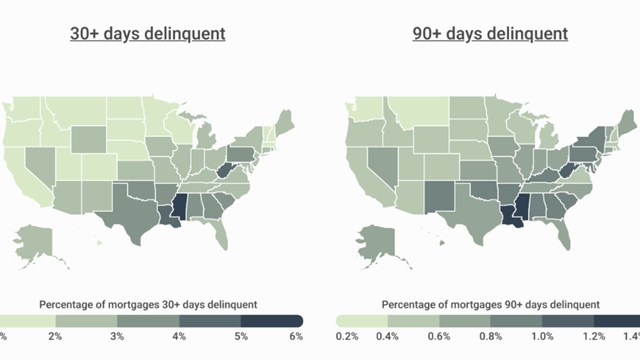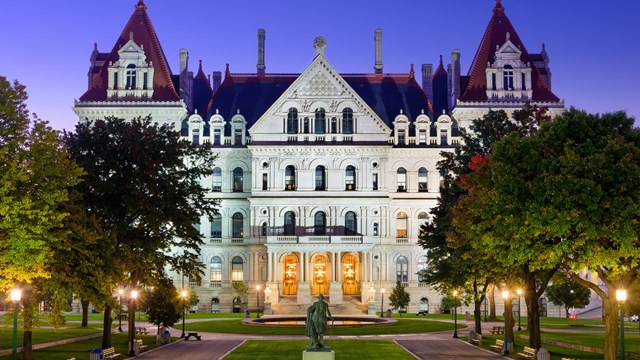On Friday, March 27, Governor Cuomo expanded the list of New York businesses considered ‘non-essential’ and therefore required to shut down to include all construction activities except for roads, bridges, transit facilities, utilities, hospitals or health care facilities, affordable housing, and homeless shelters. Emergency construction, which is defined as "a project necessary to protect health and safety of the occupants, or to continue a project if it would be unsafe to allow it to remain undone until it is safe to shut the site" may continue. The order does specifically provide that ‘construction’ does not include work being performed by a single worker who is the sole worker on a job site. While guidance is scarce, it is our opinion that this shutdown includes all alterations and renovations within buildings, except for those related to emergency repairs or to eliminate violations of housing maintenance or building codes. Ongoing apartment alterations and/or renovations should be stopped, as well as any building related work unless it is being performed by a single worker.
While we have not seen guidance from the Department of Buildings (DOB) yet, we believe Local Law 11 work can continue, since it relates to protecting safety of occupants and would be unsafe to allow the project to remain undone. If construction is allowed to continue under the emergency guideline, social distancing and safe practices related to controlling the spread of coronavirus must be enforced, or fines of up to $10,000 could be imposed.
We urge you to follow all recommended protocols to keep safe and reduce the threat of COVID-19 transmission, and consult with your legal counsel regarding construction projects and other building operations during this challenging time.
Stewart E. Wurtzel is a partner with the Manhattan-based law firm of Tane, Waterman & Wurtzel PC. This advisory is offered as a service to clients and friends of Tane Waterman & Wurtzel PC and The Cooperator, and is intended as an informal summary of certain recent legislation, cases, rulings and other developments. This advisory does not constitute legal advice or a legal opinion and is not an adequate substitute for the advice of counsel.










Leave a Comment